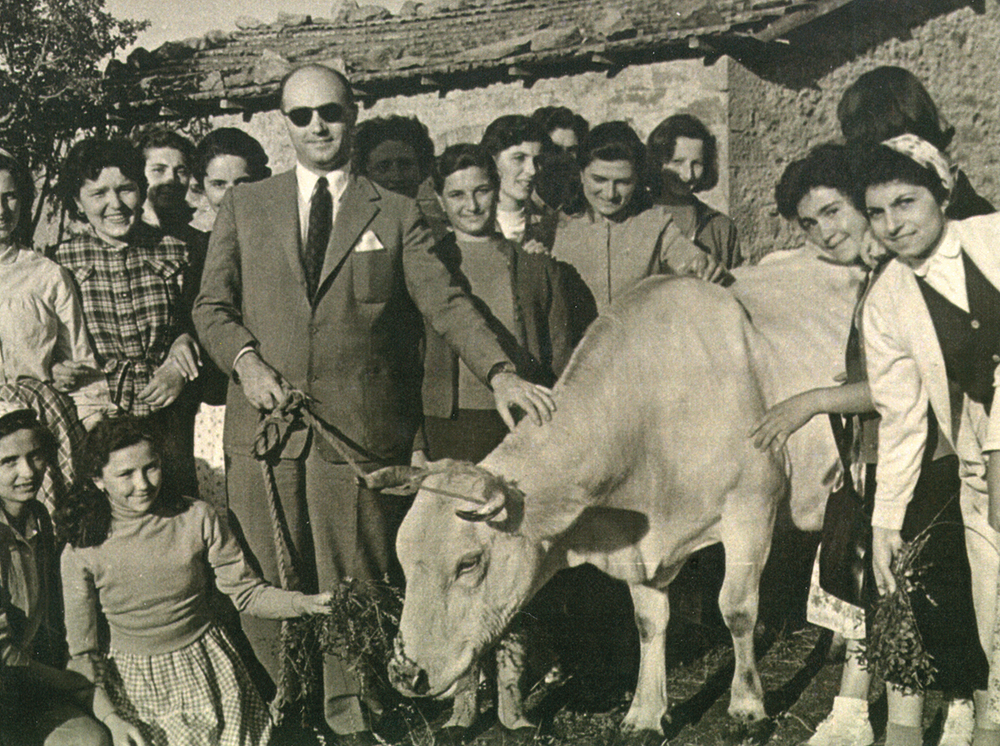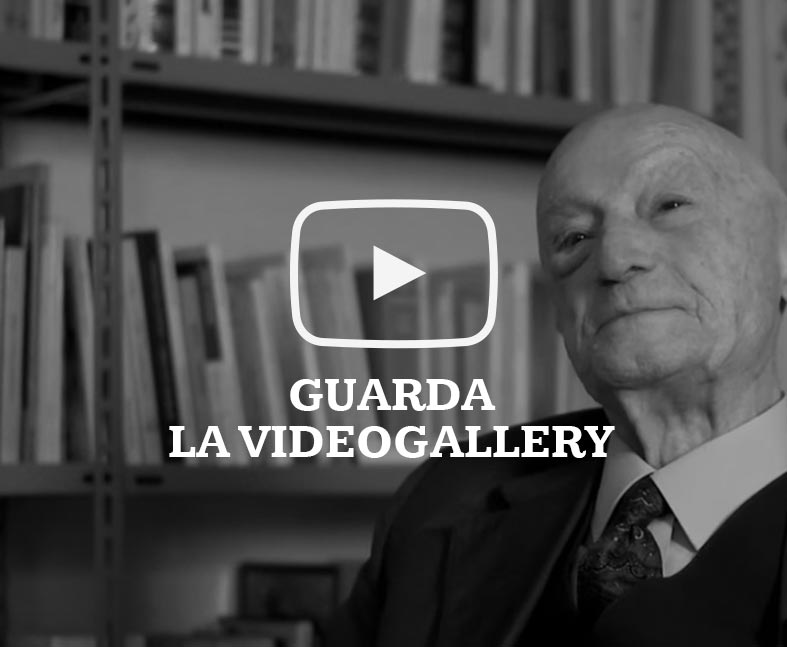An idea that did not find an immediate application was not acceptable for Bersani! The poor cannot wait: it was necessary to create appropriate organizations to transform what was theoretically provided by the laws into concrete actions.
For this reason, he founded CEFA and the cooperative structures, and he brought about the ACP-EU Joint Parliamentary Assembly in Europe: which aimed to implement the support projects in poor countries.
In these structures Bersani also made his personal commitment, encouraging action and removing obstacles. He could also count on his network of relations in Italy and across the whole world.
PUBLIC FIGURE OF BERSANI
Bersani had a “Renaissance” personality, interested in various problems which he faced in a particularly efficient way; in fact he dealt with them in different ways by mixing political, economic, and social solutions! His own trait went against the trend of the time in which he lived, that promoted high specialisation; and this capacity in itself had the major impact on society. To deal with the variety of problems, whilst he was engaged in other duties, Bersani involved and chose his collaborators who would carried out the promoted initiatives. In this way, he encouraged and brought together a lot of people who amplified his mission in various different contexts.
Sometimes Bersani was the chairman of the organizations he started, but although remaining fully involved until his last days , he gave autonomy and responsibility to his collaborators. And this is ‘the key lesson’ to be offered to new generations: if you really want to engage in society with a social transformation project, it is necessary to motivate, empower and support valued collaborators who feel part of the whole project by doing their business autonomously.

Another consideration comes from the timely reconstruction of his own youth training documented in the first chapter of the book: a social transformation project such as Bersani’s struggle to fight poverty cannot be improvised :the goals are concrete as the tools needed to reach them.
Bersani lies within a tradition of thought and action, that of the Catholic movement which had traditionally faced the problem of poverty and had promoted action and organizations to fight it.
Bersani, active within the Catholic movement, came into contact with the inspirational figures of the movement, with priests and activists and some of whom becoming his companions in the mission.
It is therefore from within existing institutions and movements, within a network of relationships. that we can act , change, innovate and propose new methods.
A project of social transformation carried out in isolation has no chance of becoming concrete
A further consideration is that Bersani insisted on humility; the word comes from “humus “ with the meaning of being with one’s feet on the ground, observing, capturing and understanding before acting; this promoted highlighted the link between thought and action that the Senator had always practiced. His numerous writings are a sign of his attention to the analysis of the phenomena; Bersani always insisted with his collaborators on the need to carry out research, to stay in close contact with the universities, to attend congresses and to promote training courses.
It is only in this way that sensibility to changes in the context is maintained, in order to avoid actions take that are not in line with the context of our ever-changing times

